When I started my scholarship year, it had been one of my dreams to be able to work with natural history productions and in particular the Blue Planet team. This seemed like a far-fetched dream but I wrote I brought it up anyway. Little did I know that one of the former OWUSS scholars now works for BBC and is producing for the upcoming Blue Planet 3. A few connections later and I was on my way to Bristol in the UK to learn about natural history storytelling from the Blue Planet 3 team themselves.
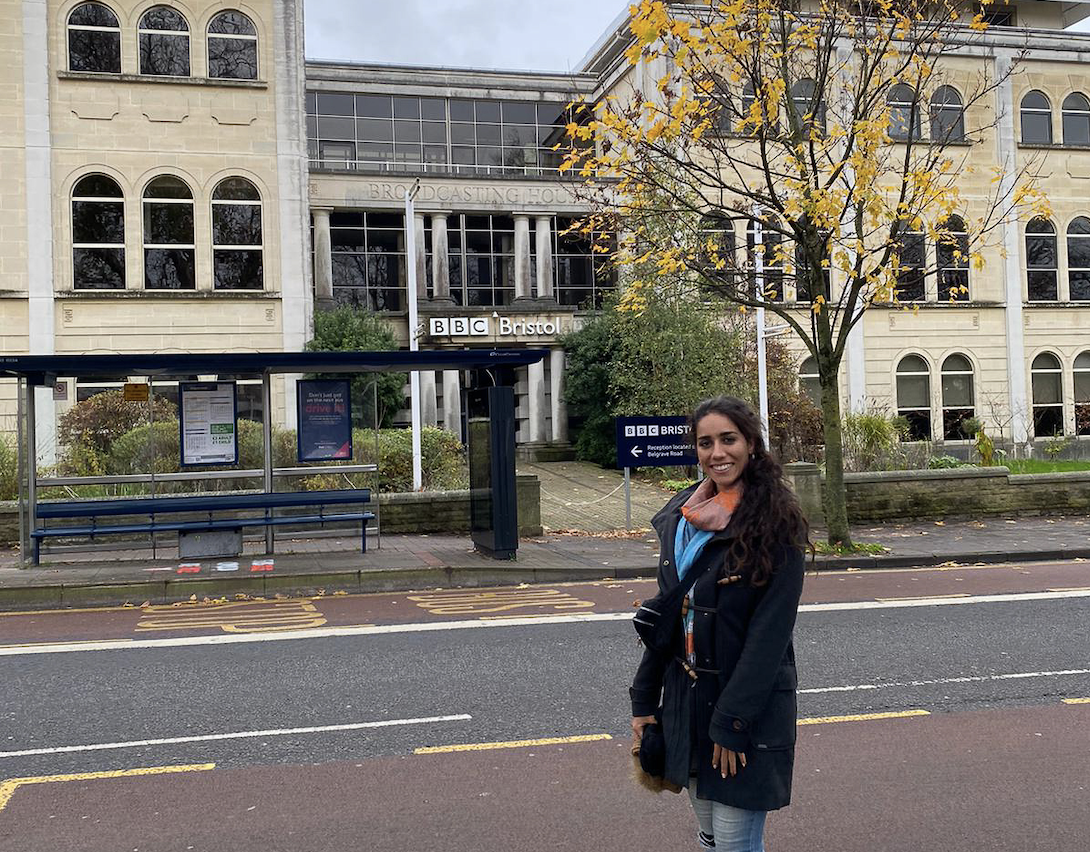
Yolly Bosiger, the 2012 Australasian scholar was my host during this time. She introduced me to the Blue Planet 3 team and set me to work on the storytelling research over the next few week, getting to learn about the behind the scenes of productions world.
Being at BBC during the story building stage of a production is very exciting. It’s the stage where everything has the potential to become a story. We were spending lots of time looking for the most interesting, innovative or groundbreaking marine animal behaviors to be able to pursue for the upcoming episodes of Blue Planet 3. We spent a lot of time looking up funny videos of fish behaviors, deep diving into marine journals, writing story beats and in discussions and meetings, following up with researchers, divers, photographers to investigate story leads. It was creative, interesting and I learned a whole lot.
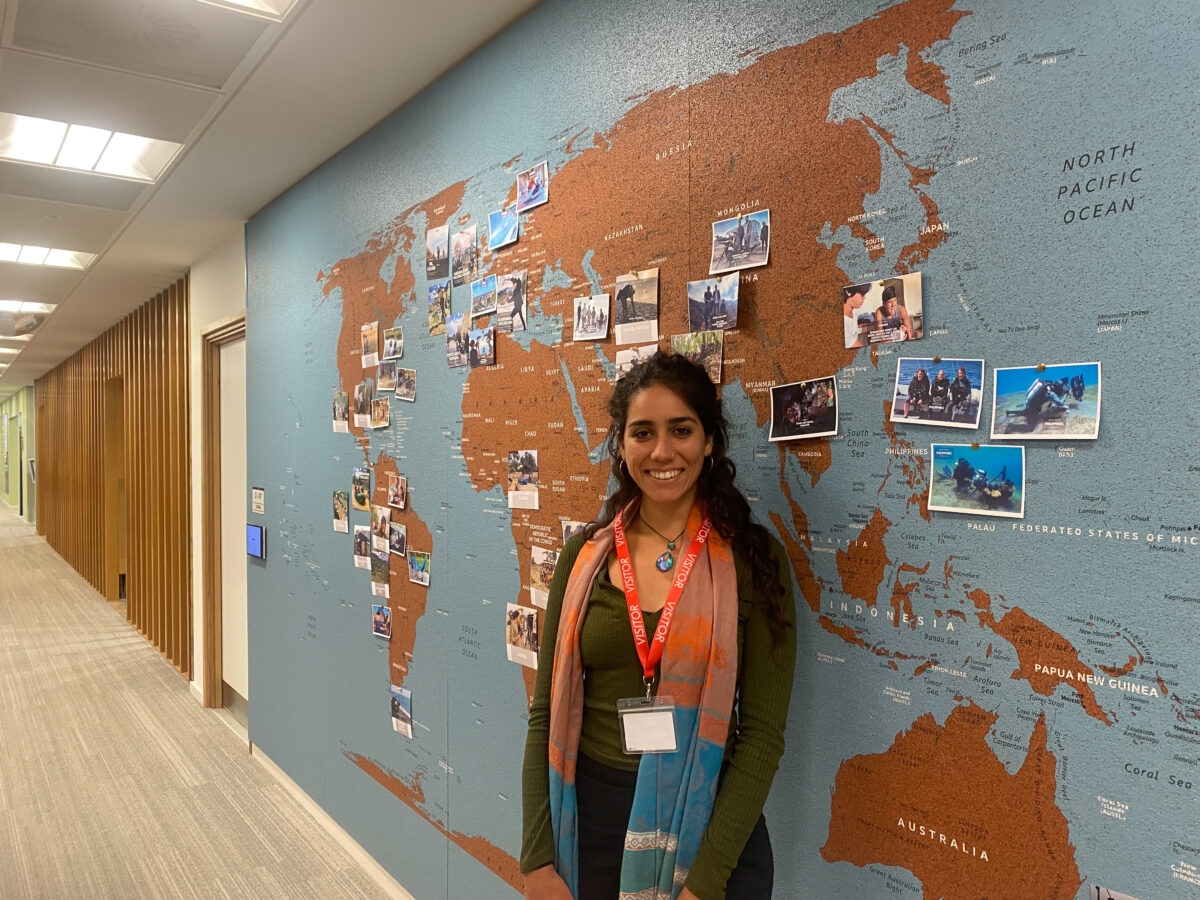
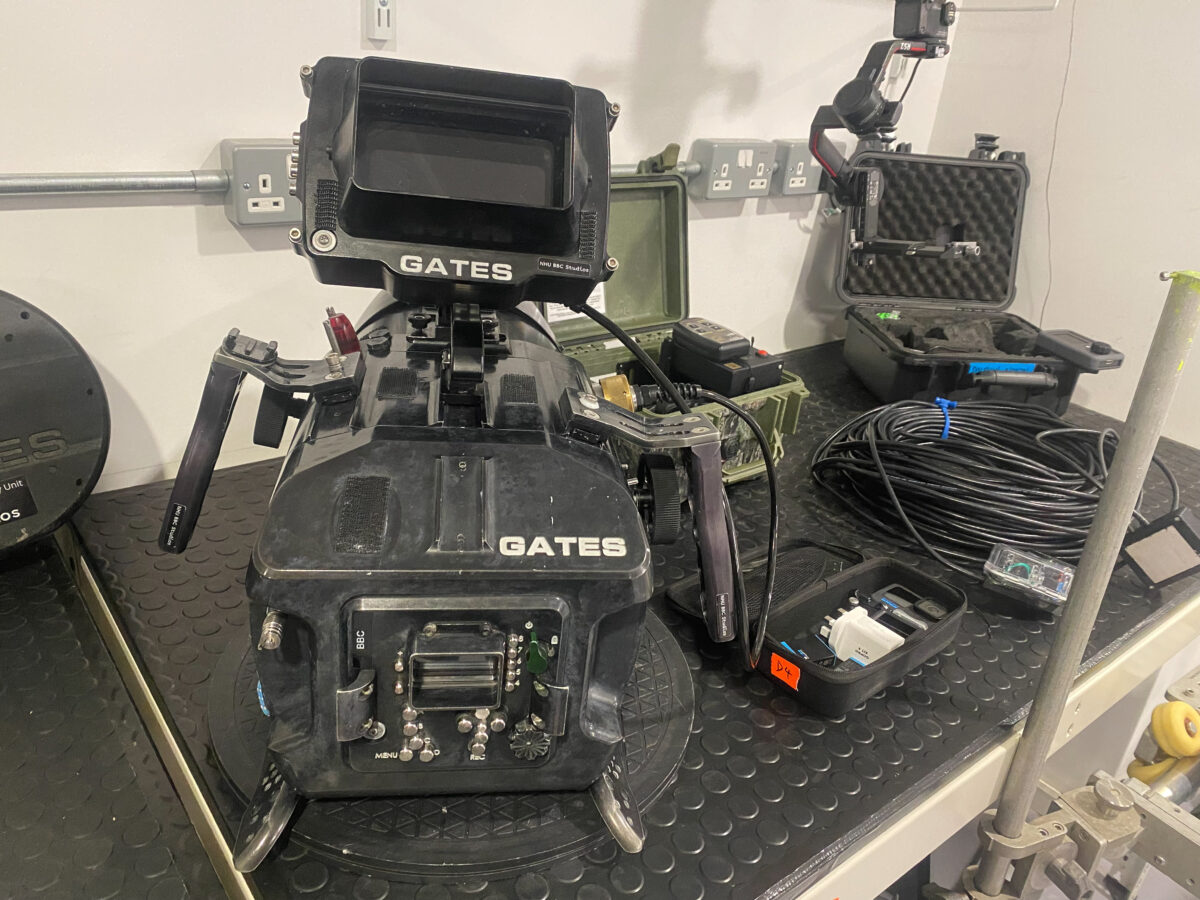
During my time at BBC, I was able to spend time learning about the different stages and components of productions. Yolly walked me through the various departments of the BBC’s studios and introduced me to the different members of the team who worked on various aspects of productions, ranging from equipment, editing, story building, research, producing and management. I even got to spend a day with the kit department, learning to assemble Red Cameras and Gates Underwater housings. These housings were comprised of a surprising amount of gear and took a long time to understand in and out. The kit team informed me that for a single Red camera in a Gates housing to make it to a production, it required eight full sized pelican cases to transport all the components. Here I was, thinking my camera kit was heavy to carry around. Definitely not nearly as heavy as the BBC production kits! For a single BBC shoot there could easily be upwards of 100 pelican cases being sent to the location filled with a variety of kit, including lighting equipment, sound equipment, cameras, housings and more
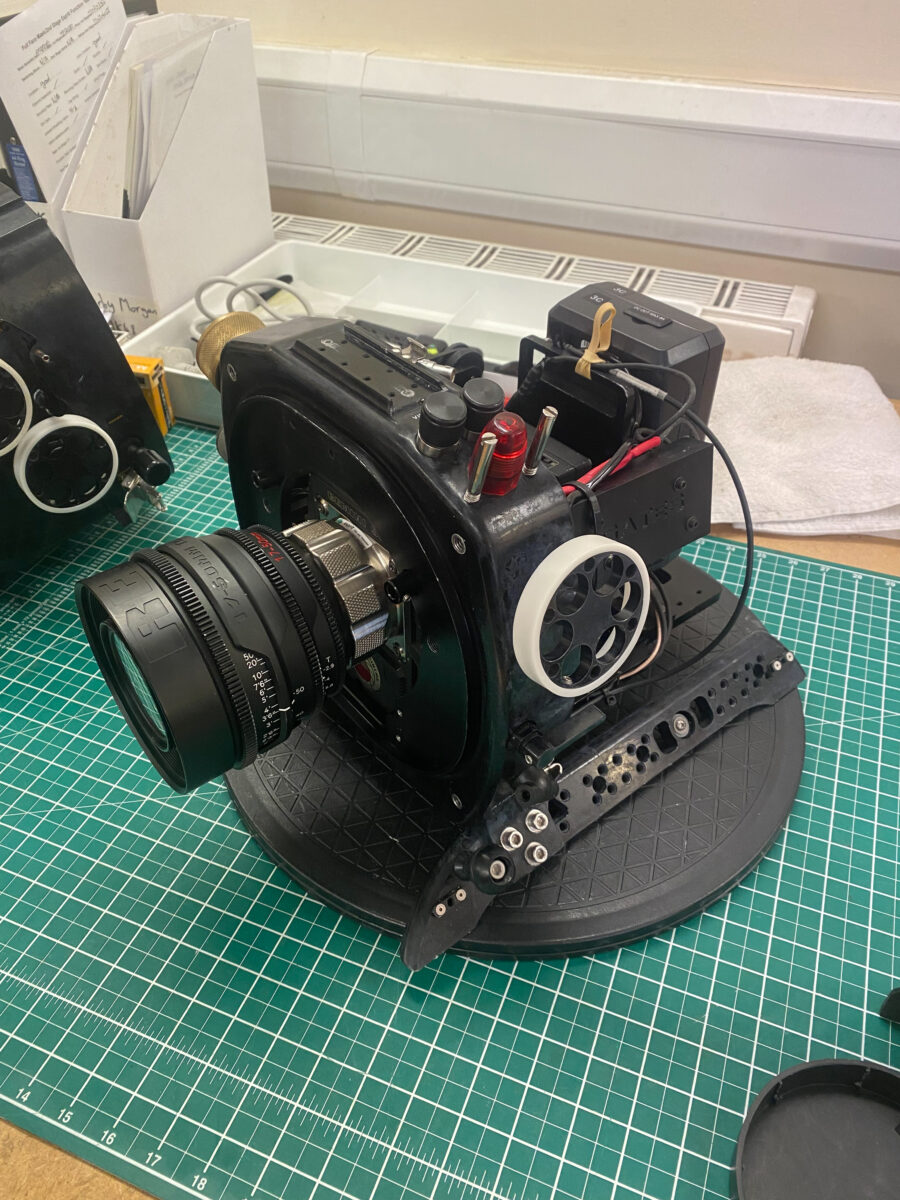
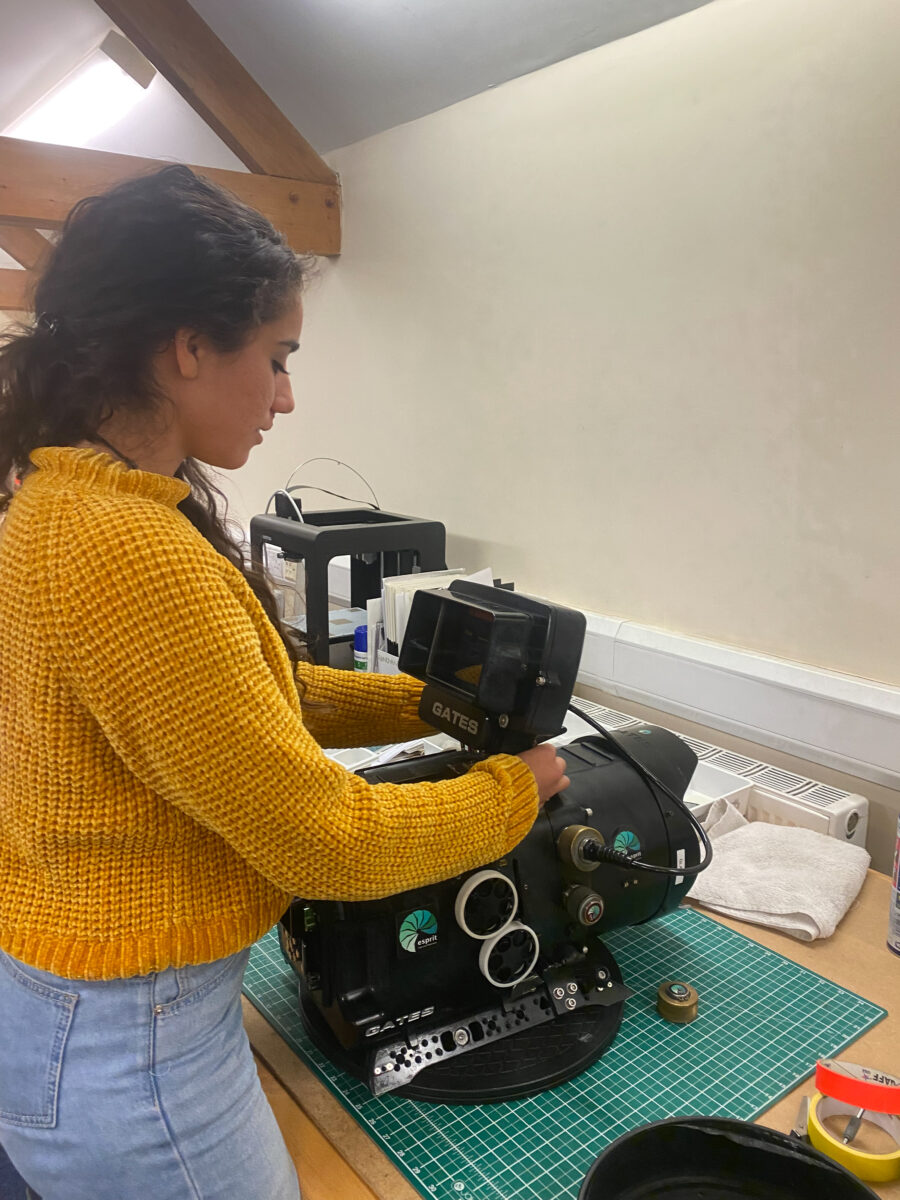
Assembling the Gates housing at Esprit Films
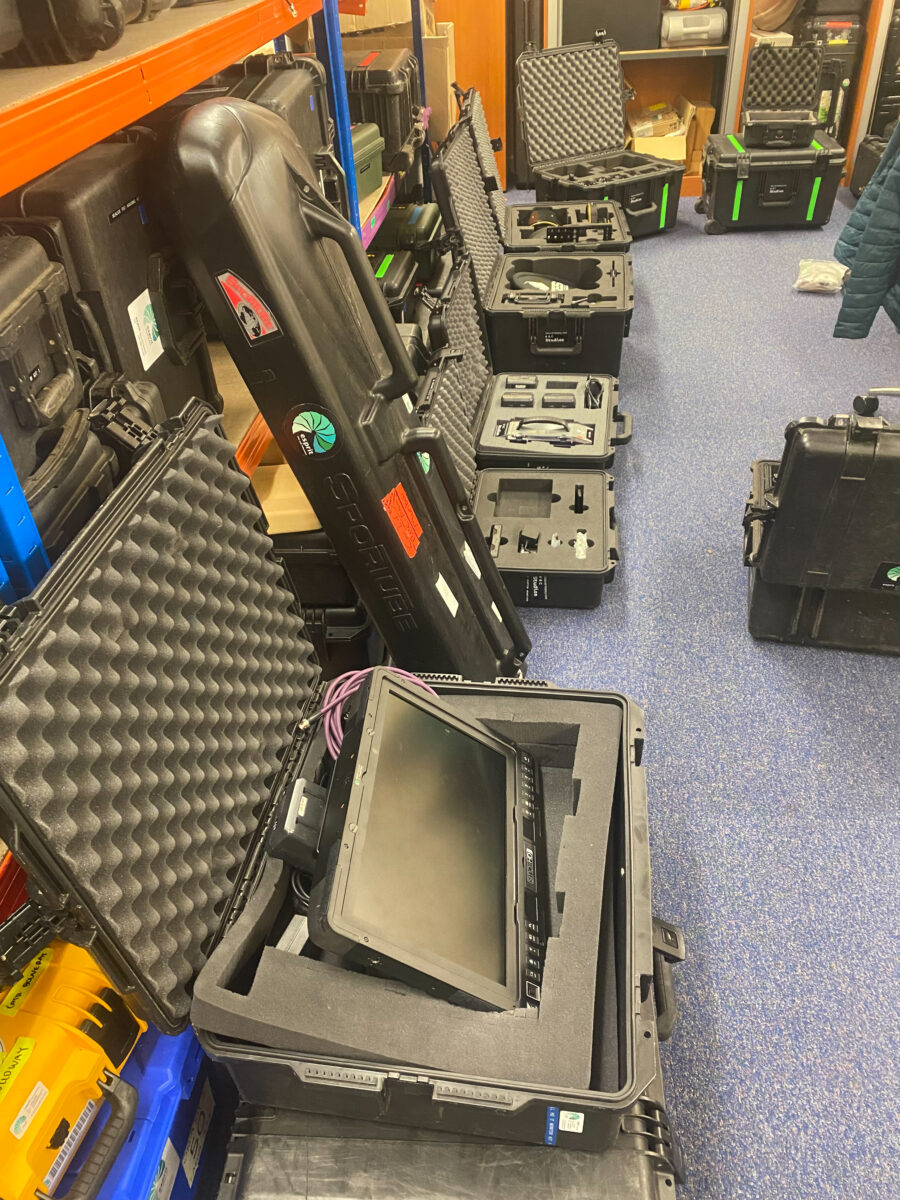
The most valuable part of this whole experience, was being able to learn about the behind the scenes work that goes into meaningful storytelling. Yolly did an amazing job of teaching me the importance of story beats, and looking at a story from creative angles to find the best way to highlight the most interesting, quirky, unique or innovative characteristics of each character. It was truly a joy to be able to learn from her and the Blue Planet 3 team.
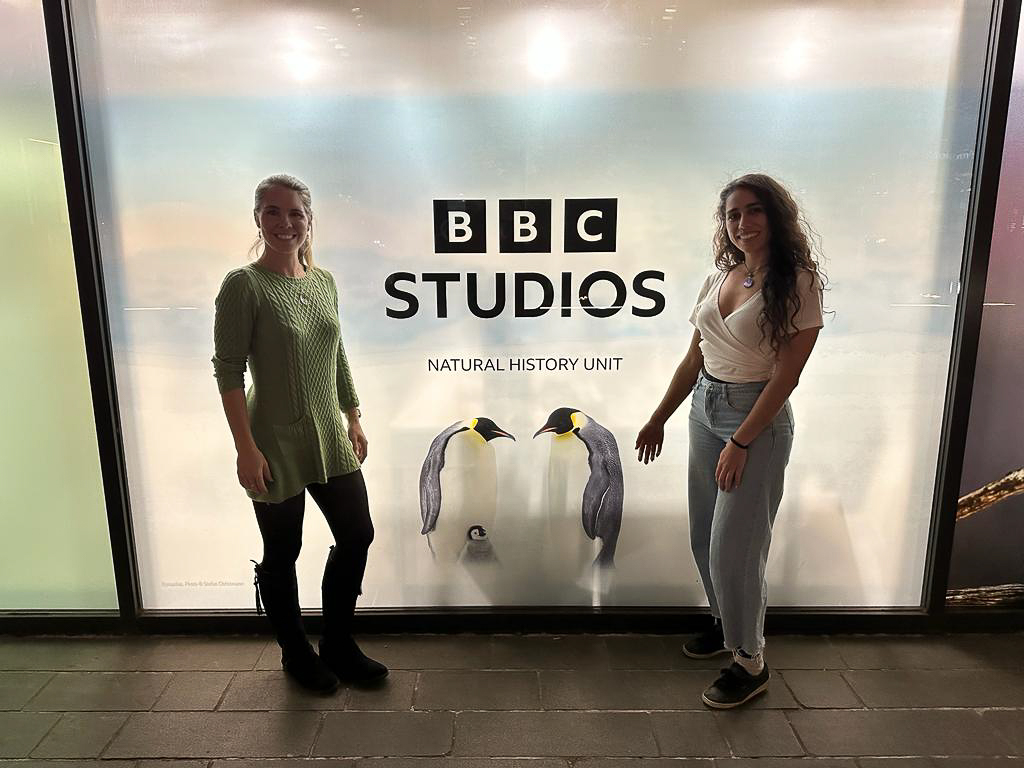
A huge thank you to Rolex, Our-World Underwater Scholarship Society, DAN, and my product sponsors Aqua Lung, Diving Unlimited International (DUI), Fourth Element, Halcyon, Light and Motion, Nauticam and Reef Photo and Video for making these opportunities possible. I am looking forward to where the rest of the year will take me.